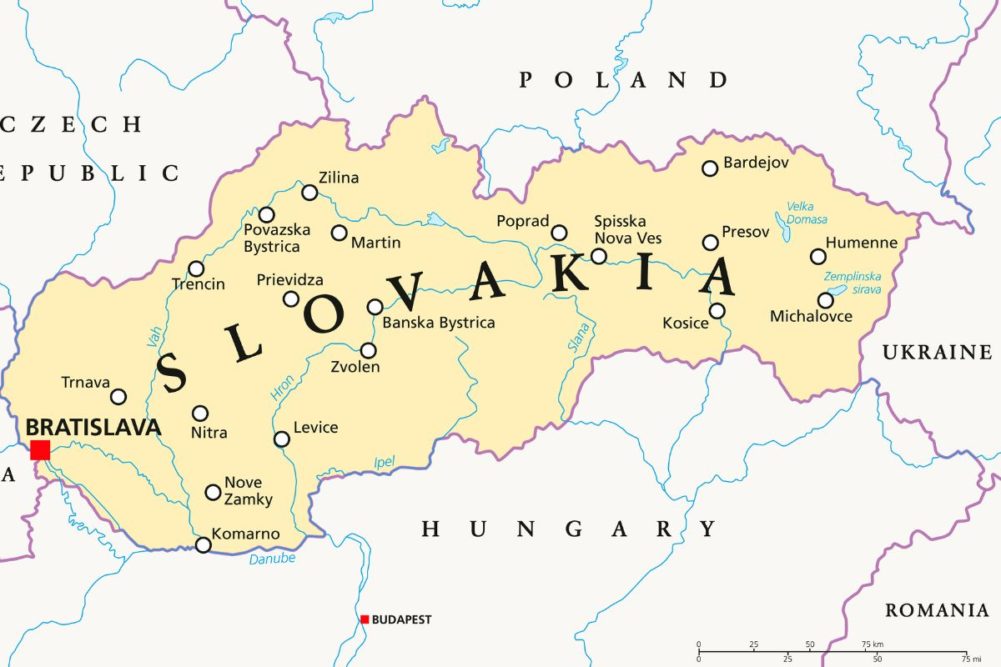BRATISLAVA, SLOVAKIA — Slovakia has joined Poland and Hungary in blocking imports of grain and other farm products from Ukraine, though it will allow transit across its borders to third-party markets, Reuters reported, citing a television interview by Agriculture Minister Samuel Vlcan.
Vlcan said the restrictive measures to ban grain imports imposed by Poland over the weekend led to the Slovak ban, which felt it needed to protect its farm and food markets “where we have self-sufficiency.”
“It is a measure for the protection of the Slovak agro-food sector and mainly the health of consumer,” he said.
Vlcan did not present the full list of farm products and food, but a proposal for an April 17 cabinet meeting included wheat, rye, barley, oats, corn, sugar beet and sugar, wine, fruits and vegetables, sunflower seeds, rapeseed, honey, and others, Reuters reported.
The Slovak government said it would continue to allow transit of Ukrainian grains and other products under a European Union (EU) initiative to help Ukraine export its production as it grapples with Russia’s ongoing invasion, he said.
During the first five months after its invasion of Ukraine on Feb. 24, 2022, Russian forces blockaded Ukrainian ports, preventing grain from being exported. The blockade was lifted in July 2022 as part of the Black Sea Grain Initiative, which is due to expire May 18 after its recent 60-day extension.
Poland and Hungary said their bans, which include grain and other agricultural products, were necessary because the influx of Ukrainian ag commodities had caused prices to plummet, severely impacting domestic producers. The countries’ leaders said their temporary import restrictions are scheduled to last through June as solutions are sought to rectify the problem.
Vlcan said Slovakia was pushing for the creation of a European mechanism to buy Ukrainian products in Ukraine and ship them outside the EU.
Reacting to the earlier bans by Poland and Hungary, the European Commission has previously said that unilateral moves by EU members “will not be tolerated.”
“In such challenging times, it is crucial to coordinate and align all decisions within the EU,” EU Commission spokesperson Arianna Podestà said.




